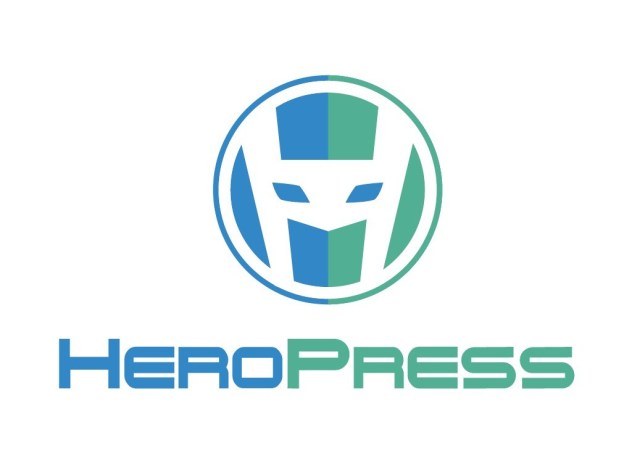You’ve probably heard that WordPress is open-source software, and may know that it’s created and run by volunteers. WordPress enthusiasts share many examples of how WordPress changed people’s lives for the better. This monthly series shares some of those lesser-known, amazing stories.
Meet Robert Cheleuka
Robert is a self-taught graphic and motion designer turned web designer (and aspiring web developer) from Malawi, Africa. Over the years, he has grown fond of WordPress and has become a loyal user. Still, the journey is rough.

Malawi
Malawi is one of the poorest countries in the world. A tiny landlocked country with a population of 17 million, it’s largely rural and still considered a developing country. The average entry-level monthly pay for most skilled jobs is about $110. If you’re employed full-time in the creative industry and if you’re very lucky, you might be able to earn more than that. Employees earning more than $300 a month are rare to non-existent.
Robert has been a freelance graphic designer since about 2011. He started by doing gigs from his dorm in college and from home. Earnings from his freelance jobs increased his interest in entrepreneurship and he started to consider starting his own creative agency.
How Robert was introduced to WordPress
Robert first came into contact with WordPress in 2014 when he and a friend started a local tech blog. Before that, all he knew was basic, outdated HTML from high school and some knowledge of Adobe Dreamweaver. They decided to use WordPress, and their new blog looked like it came from the future. They used a theme from the repo and got such positive feedback from the blog they decided to open a content and media publishing agency.
While they got a few web redesign jobs thanks to the exposure the blog brought, they lacked the administrative and business skills needed and ended up going their separate ways. Then in his first real job after college Robert finally took it upon himself to learn the ins and outs of WordPress. He learned how to install WordPress on a server and did some research on customizing themes.
With that knowledge alone he got his first web design clients and started earning nearly as much as he did at his job. Robert soon realized that free WordPress themes would only take him so far, especially with his limited code skills.
Because in Malawi only people who travel abroad have access to credit cards, paying for premium themes was impossible. Like many WordPress designers in developing countries, Robert turned to using pirated themes instead. He knew that was both unsafe and unethical, and decided to learn how to code. Knowing how to build themes from scratch would surely help him rise above the competition.

The WordPress community from Robert’s perspective
Robert doesn’t have a lot of interaction with the WordPress community. Although he would search for solutions from blogs about WordPress he had never actually talked to or asked anyone from the community for a solution.
Robert believes that this isolation is the result of a glass ceiling — the WordPress community is partially online and partially in-person, but there isn’t a local group in Malawi. And because Malawi, like many other developing nations, lacks a way to pay online many can’t access premium support, online learning, or most other types of professional development. No matter how welcoming the people of WordPress might be, it can still feel like it mostly belongs to those with enough privilege to conduct business on the internet.
WordPress & inclusion
As most freelancers know, it’s really hard to learn while you also still need to earn. Add pitching to clients and shipping graphic design projects… there are only so many hours in a day.
Robert didn’t have a programming background and had always been more of a creative person. In order to grow as a web designer/developer, he needed to learn PHP. Again, without access to a credit card, that was complicated. Also, free coding training wasn’t as widely available as it is now.
Robert wishes that more developers would consider alternative ways for users who cannot pay for courses, themes, or plugins (whether that’s because of available infrastructure or otherwise). He wishes that WordPress tutors and developers would open up ways to accommodate aspiring learners in developing countries who cannot access plugins, courses, and themes, to be able to give back and to participate at another level.
WordPress has allowed him to build an income he would have no other way of earning and it makes a huge difference. He believes sharing stories like his will hopefully make WordPress products and services become more universally available. In addition, he hopes that more aspiring, self-taught developers will find courage in reaching out to connect with others out there.
Contributors
Alison Rothwell (@wpfiddlybits), Yvette Sonneveld (@yvettesonneveld), Josepha Haden (@chanthaboune), Siobhan Cunningham (@siobhanseija), Topher DeRosia (@topher1kenobe)

This post is based on an article originally published on HeroPress.com, a community initiative created by Topher DeRosia. HeroPress highlights people in the WordPress community who have overcome barriers and whose stories would otherwise go unheard.
Meet more WordPress community members over at HeroPress.com!